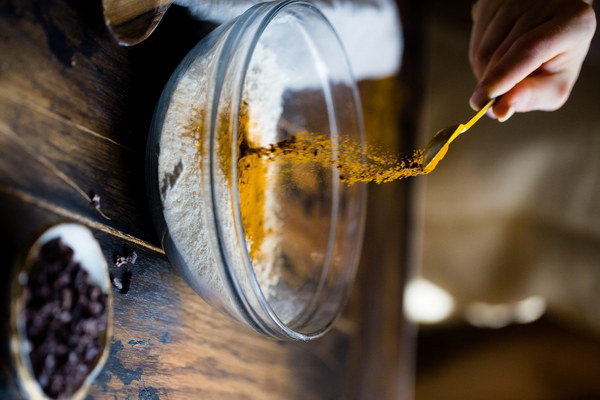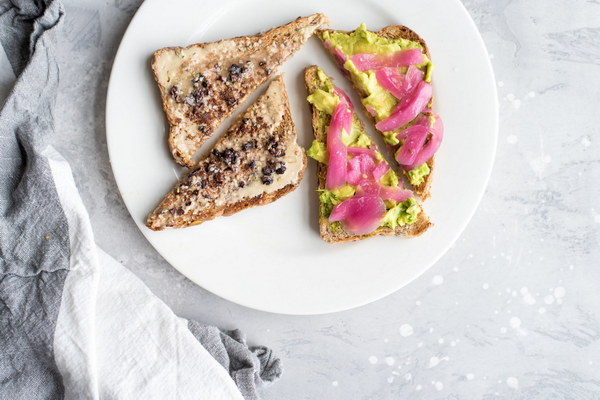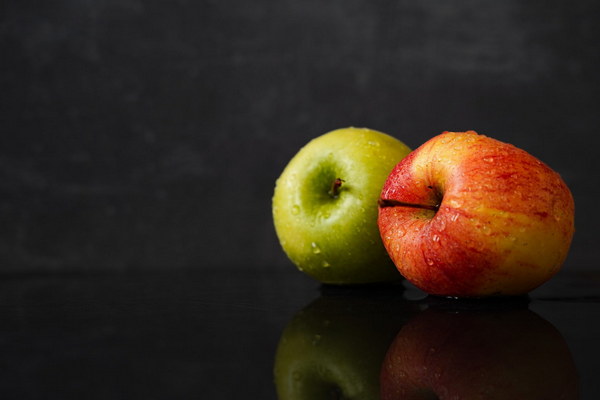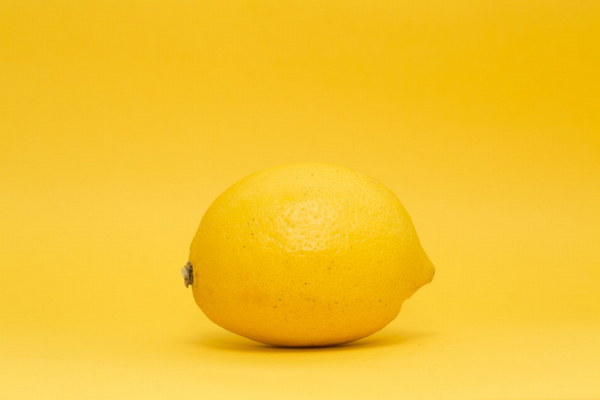Does Ginger Rice Tea Help in Eliminating Dampness
Ginger rice tea, a traditional Chinese beverage, has been cherished for its health benefits for centuries. One of its most celebrated properties is its ability to eliminate dampness, a concept deeply rooted in Chinese medicine. But does ginger rice tea really work in reducing dampness? Let's delve into the science behind this ancient remedy and explore its effectiveness.
In Chinese medicine, dampness is considered a common internal disorder that affects the body, leading to various health issues such as fatigue, weight gain, and joint pain. It is believed that dampness is caused by an imbalance in the body's fluids, leading to the accumulation of excess moisture. This imbalance can be due to factors like overeating, excessive drinking, or living in damp environments.
Ginger rice tea is believed to help in alleviating dampness by promoting the body's fluid metabolism and enhancing the function of the spleen and kidneys. The primary ingredients of ginger rice tea are ginger and rice, both of which have been used in traditional Chinese medicine for centuries.
Ginger, known in Chinese medicine as Sheng Jiang, is a powerful herb with several health benefits. It is known to stimulate the circulation of blood, improve digestion, and increase body temperature. Ginger is also believed to have diuretic properties, which help in reducing excess fluid in the body. By doing so, ginger can help alleviate symptoms associated with dampness, such as edema and bloating.

Rice, on the other hand, is considered a calming and nourishing herb in Chinese medicine. It is known to replenish the body's yin and yang, which are vital energy forces in the body. When the body's yin and yang are balanced, it can help eliminate dampness and restore health.
When ginger and rice are combined in a tea, the synergistic effect of these ingredients can help eliminate dampness in several ways:
1. Enhancing Digestion: The combination of ginger and rice helps improve digestion, which in turn aids in the absorption of nutrients and elimination of waste products. This can reduce the accumulation of dampness in the body.
2. Promoting Urination: Ginger's diuretic properties can help increase urine production, which can help eliminate excess fluid and reduce dampness.
3. Reducing Inflammation: Both ginger and rice have anti-inflammatory properties that can help alleviate joint pain and swelling associated with dampness.
4. Improving Blood Circulation: Ginger's ability to improve blood circulation can help reduce the accumulation of dampness in the body, leading to better overall health.
While ginger rice tea is believed to be effective in reducing dampness, it is important to note that the benefits of this herbal remedy may vary from person to person. Additionally, it is always best to consult a healthcare professional before starting any new treatment, especially if you have underlying health conditions.
In conclusion, ginger rice tea is a traditional Chinese beverage that is believed to help eliminate dampness by promoting the body's fluid metabolism and enhancing the function of the spleen and kidneys. Its combination of ginger and rice offers several health benefits, including improved digestion, increased urine production, reduced inflammation, and better blood circulation. While more research is needed to fully understand the effectiveness of ginger rice tea, it remains a popular choice among those seeking to alleviate dampness and improve overall health.









